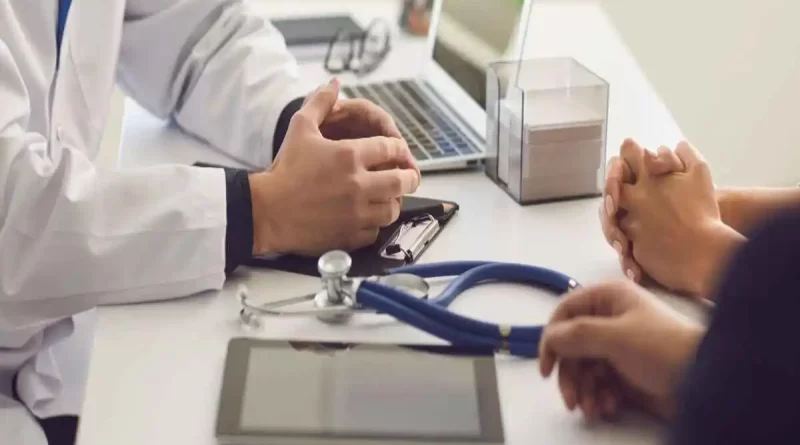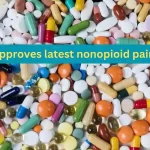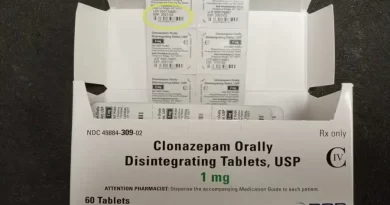Life-Saving AI Stethoscope Transforming Lives
Medical professionals at the Golborne Medical Centre have introduced the new AI stethoscope in treating patients. Situated in one of the UK’s most economically deprived regions, doctors have experimented with this revolutionary stethoscope. Unlike the traditional models used at the clinic for the past two centuries, this new instrument incorporates artificial intelligence to instantly identify heart disease.
Notably, almost half of Golborne’s patient demographic comprises individuals from non-white minority ethnic groups, who often face elevated risks of heart-related mortality. This can be considered one of the most path-breaking initiatives, as by introducing this new wonder instrument, Golborne becomes one of the pioneers in introducing the technology, which aims to reduce the disparities in the health sector.
This stethoscope has become a one-of-a-kind instrument that utilizes AI to prescribe precise medication to the patient without just using it superficially on the person. This instrument has been formally sanctioned to be used by general physicians, with the medical authorities being fine with the usage of such an instrument.
In the face of immense challenges within the National Health Service (NHS), particularly during anticipated tough winters with a record 7.7 million non-emergency appointments in October, AI diagnostics emerge as a potential game-changer. This instrument, even in the nascent stages of its introduction, can be such a promising technology that it can revolutionize the way doctors approach medication.
This also means that the doctors can come up with quick solutions for ailing patients, who have to go through a lengthy process of checkups and tests. The instrument can help in deciding the priority that the patients should be given as per the solutions offered by this AI software. The amount of time saved and the lengthy queue reductions are just worth mentioning, besides the help it can offer to healthcare services, which are overburdened by the shortage of staff many times.
This AI stethoscope, developed by US company Eko Health, aims to bridge these gaps and save lives by identifying heart patients early, ultimately reducing emergency hospital admissions.
Mihir Kelshiker, a cardiologist working with the NHS, believes AI can help address the backlog of around 300,000 patients waiting for heart condition tests. Some experts think that the actual number of people with heart disease in the UK might be double what is reported. The introduction of this AI stethoscope (developed by US company EKO Health) is just at the right time when hospitals are overburdened by the huge influx of patients needing emergency care. This stethoscope can definitely reduce the number of visits for the patient, thereby reducing the risk factor for them by reducing the time until the patient gets the appropriate treatment.
Traditional ways of diagnosing heart problems, where doctors use their judgment and regular stethoscopes in short appointments, often have flaws. Due to the huge rush of patients, the most needy ones don’t get their diagnoses on time, which can prove fatal for the ailing patient. The AI stethoscope is said to detect the heart condition of the patient in just 15 seconds, which is such a pathbreaking approach in treating heart patients, for whom the time factor is of the utmost importance.
Kelshiker highlights the importance of early action, explaining that identifying patients in primary care before emergency hospital visits can save the NHS £2,500 for each person. Healthcare professionals, like Yasmin Razak, the senior GP at Golborne Clinic, have given positive feedback on the technology’s speed, ease of use, and detailed measurements.
The AI stethoscope is changing how healthcare works, especially in busy GP practices that usually don’t like changes. Even though it needs a mobile device and regular charging, many healthcare professionals are using it. This is really helping doctors to focus more on the patients and devise an appropriate and timely diagnosis. Likewise, it is making a difference in the way healthcare used to be provided earlier.








